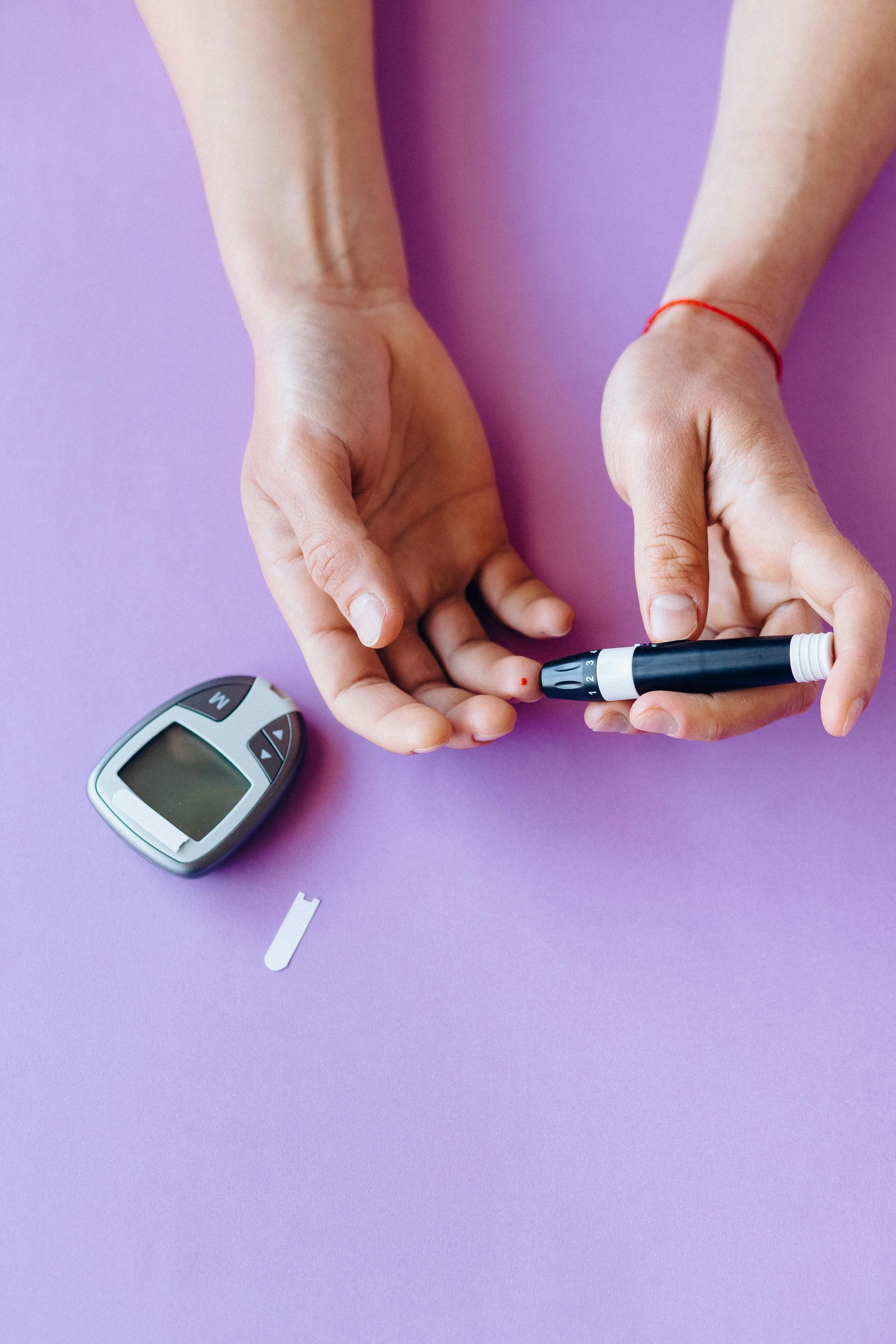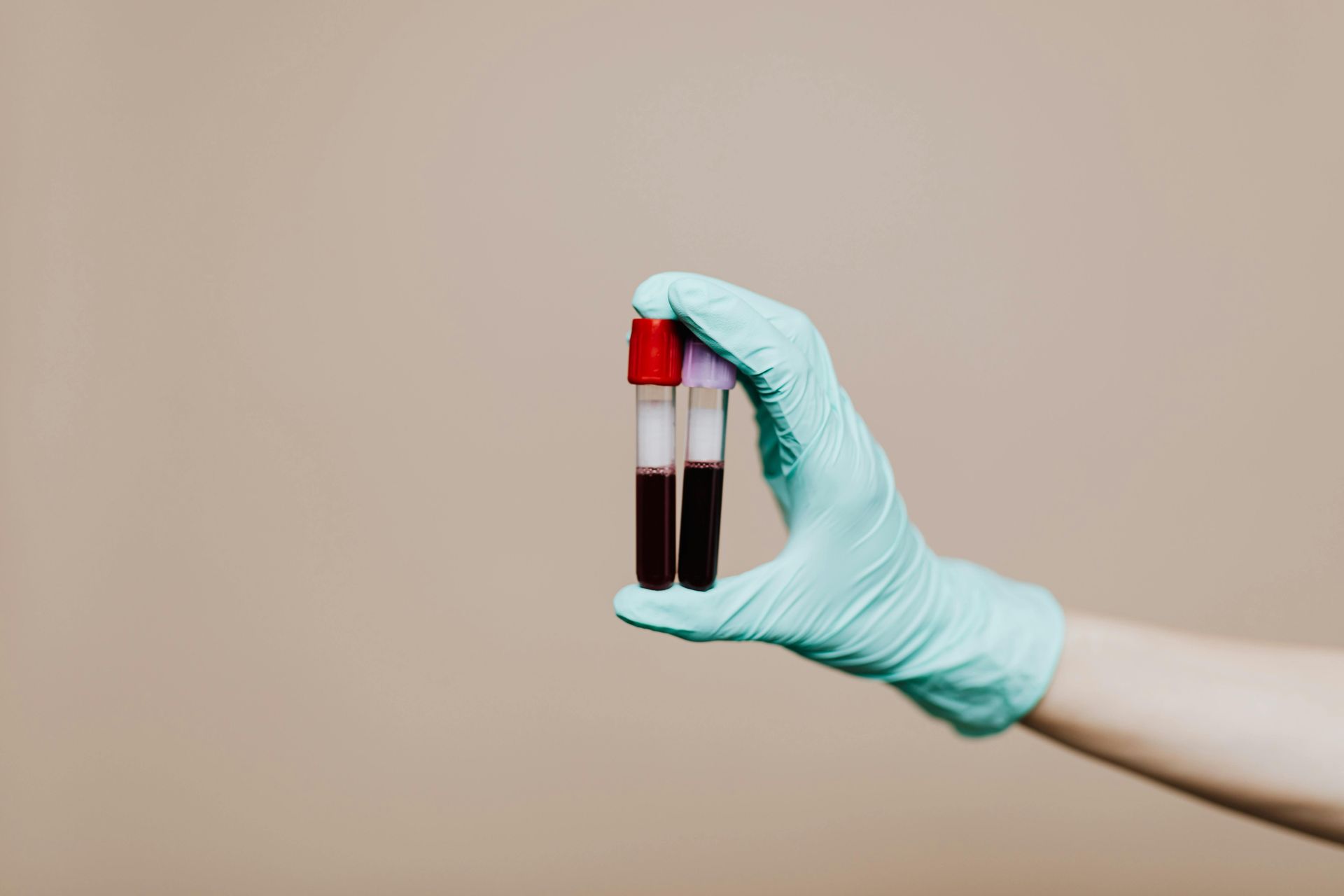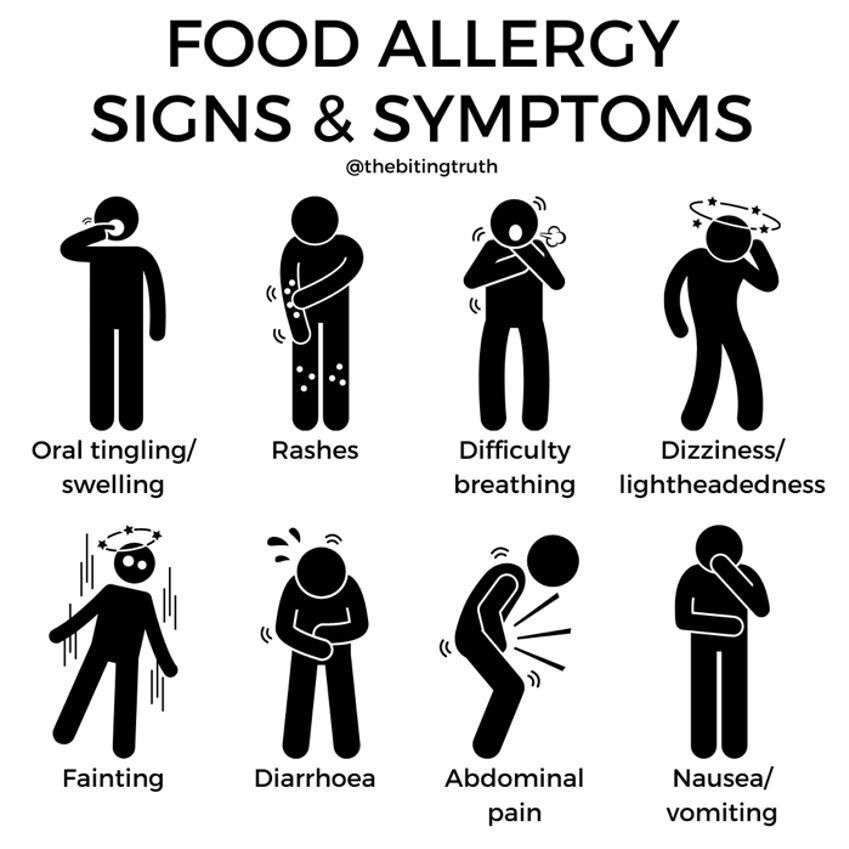Understanding Preventative Health Screening - Proactive Health Management
Your Key to Proactive Health Management - Proactive Health Management

Introduction
In the realm of healthcare, the adage "prevention is better than cure" holds a significant place. This is where preventative health screening comes into play. A preventative health screening is a medical test or check-up that aims to identify potential health issues before they become serious problems. It's an essential tool in proactive health management, helping you stay ahead of any potential health risks.
Understanding Preventative Health Screening
Preventative health screenings are designed to detect early signs of diseases or conditions such as heart disease, diabetes, cancer, and more. These screenings are typically recommended based on your age, gender, family history, lifestyle habits, and other risk factors. The goal is to catch potential issues early when they're often easier to manage or treat.
For example, a cholesterol test can help identify the risk of heart disease before any symptoms appear. Similarly, mammograms and Pap smears can detect early signs of breast and cervical cancer respectively. By catching these conditions early through preventative health screenings, you have a better chance at successful treatment and management.
Why Preventative Health Screenings Are Important
Preventative health screenings play a crucial role in maintaining good health for several reasons:
- Early Detection: Many serious diseases don't show symptoms until they're advanced. Regular screenings can help catch these conditions early when they're most treatable.
- Prevention: Some screenings can prevent diseases altogether by identifying risk factors that can be managed or changed.
- Peace of Mind: Knowing you're healthy can reduce anxiety about potential health issues.
- Cost-Effective: Treating diseases in their advanced stages can be costly. Preventative screenings can save you money in the long run by catching issues early.
Types of Preventive Health Screenings
There are numerous types of preventative health screenings available today that cater to different age groups and genders:
- Blood Pressure Screening: This checks for high blood pressure, a risk factor for heart disease and stroke.
- Cholesterol Check: High cholesterol levels can lead to heart disease.
- Diabetes Screenings: This test measures blood sugar levels to check for diabetes or prediabetes.
- Cancer Screenings: These include mammograms for breast cancer, Pap smears for cervical cancer, colonoscopies for colorectal cancer, and skin checks for skin cancer.
- Bone Density Screening: This test is used to diagnose osteoporosis, a condition that weakens bones and makes them more likely to break.
How Often Should You Get Screened?
The frequency of preventative health screenings depends on various factors such as your age, gender, overall health status, family history, and lifestyle habits. Your healthcare provider can provide personalized recommendations based on these factors.
For instance, blood pressure should be checked at least once every two years starting at age 18. Cholesterol checks are recommended every four to six years beginning at age 20. Women should start getting mammograms annually or biennially starting at age 40 or 50 depending on their risk factors.
Conclusion
Preventative health screening is an invaluable tool in proactive health management. By detecting potential health issues early on, it provides an opportunity for timely intervention and treatment – often leading to better outcomes.
Remember that while these screenings are crucial in identifying potential health risks, they do not replace the need for a healthy lifestyle. Regular exercise, a balanced diet, adequate sleep, and stress management remain the cornerstones of good health.
Consult with your healthcare provider about which preventative health screenings are right for you and when you should have them done. Take charge of your health today by embracing the power of prevention through regular screenings!
Did you find our blog post useful? Follow us on Facebook and Instagram for more handy tips on medical testing and health conditions.
Our recent posts











